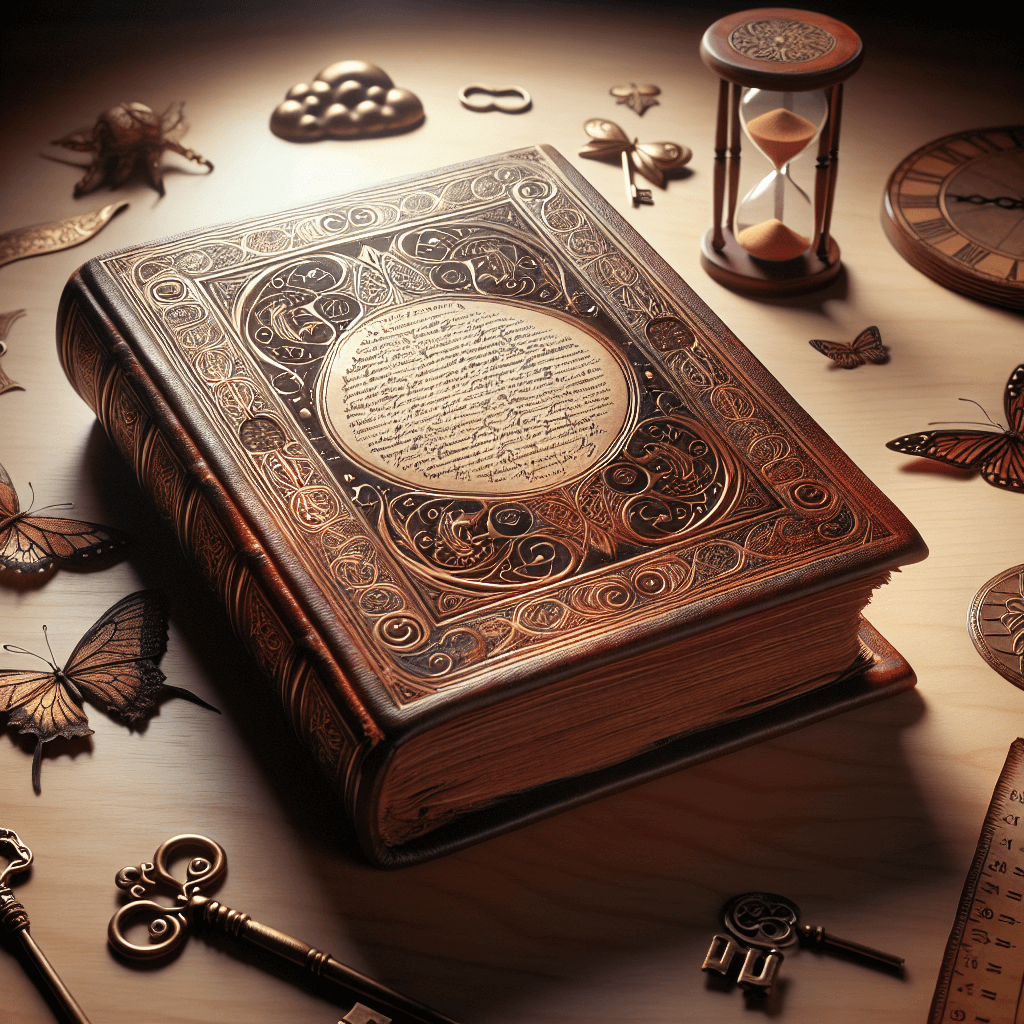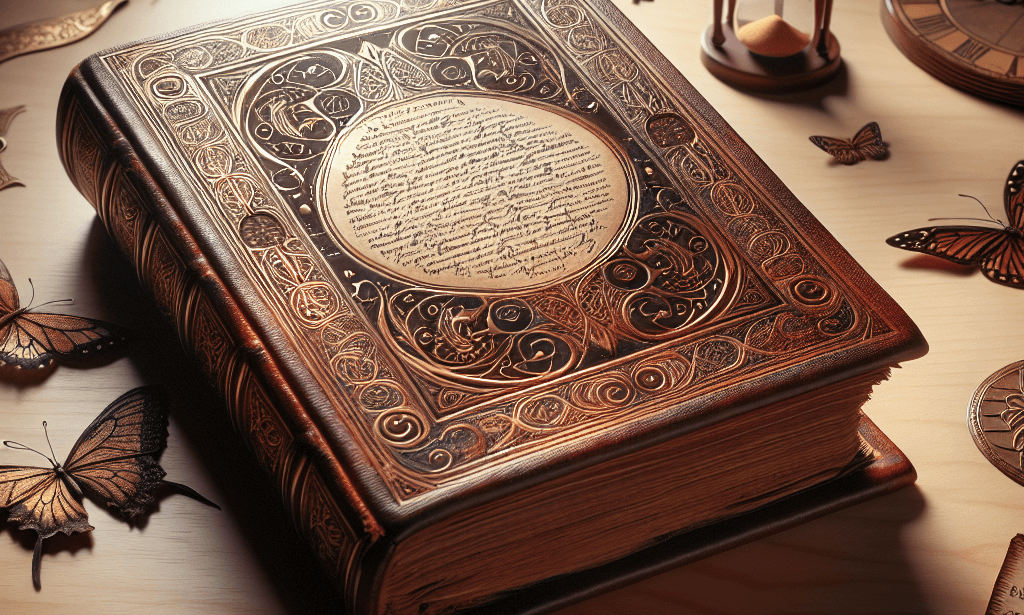
Have you ever woken up from a vivid dream and wondered what it all meant? You're not alone. People have been trying to decode their dreams for centuries, and dream dictionaries have become a popular tool for understanding these mysterious nighttime visions.
In this article, we'll explore the world of dream meaning dictionaries, how to use them, and what they can reveal about your subconscious mind. Whether you're a curious dreamer or a seasoned dream interpreter, join us as we dive into the fascinating realm of dream symbolism and interpretation.
Have an interesting dream to share? Join Questmist to document your dreams, get expert interpretations, and connect with a community of dreamers — Register Now or Login to begin your journey!
Don’t forget to try Questmist’s AI dream interpreter—click here to interpret your dreams!
Understanding Dream Dictionaries
What is a Dream Meaning Dictionary?
Dream dictionaries are collections of common dream symbols and their potential meanings. These books or online resources aim to help people interpret their dreams by providing general explanations for various dream elements. While not scientifically proven, dream dictionaries can offer insights into the symbolism and themes that often appear in our dreams.
Key Features of Dream Dictionaries
- Alphabetical listings of dream symbols
- Brief explanations of possible meanings
- Cultural and historical context for certain symbols
- Cross-references to related symbols or themes
How to Use a Dream Dictionary for Interpretation
Using a dream dictionary can be a fun and insightful way to explore your dreams. Here's a step-by-step guide:
- Record Your Dream: Write down as many details as you can remember upon waking.
- Identify Key Symbols: List the main elements, objects, or themes from your dream.
- Look Up Symbols: Use your dream dictionary to find potential meanings for each symbol.
- Consider Context: Think about how the symbol relates to your personal life and experiences.
- Reflect on the Overall Message: Combine the meanings of different symbols to form a broader interpretation.
Remember, dream dictionaries are starting points for interpretation, not definitive answers. Trust your intuition and personal experiences when decoding your dreams.
Common Dream Symbols and Their Meanings
While dream meanings can be highly personal, some symbols tend to have universal significance. Here are a few common dream symbols and their potential interpretations:
- Falling: Feeling out of control or anxious about a situation in your life
- Flying: Sense of freedom, confidence, or overcoming obstacles
- Teeth Falling Out: Concerns about appearance, communication, or loss of power
- Being Chased: Avoiding a problem or feeling threatened in some aspect of your life
- Naked in Public: Feeling vulnerable, exposed, or unprepared
Remember, these are general interpretations. Your personal experiences and emotions play a crucial role in deciphering your dreams' true meanings.
The Limitations of Dream Dictionaries
While dream dictionaries can be helpful tools, they do have limitations:
- Lack of Personal Context: Generic interpretations may not account for your unique experiences and emotions.
- Cultural Differences: Symbols can have different meanings across cultures and individuals.
- Oversimplification: Dreams are complex and often require deeper analysis than a simple symbol lookup.
- Potential for Misinterpretation: Relying too heavily on dream dictionaries might lead to overlooking important personal insights.
To get the most out of dream interpretation, use dream dictionaries as a starting point, but also consider your personal associations and feelings about the dream symbols.
Alternatives to Dream Dictionaries for Deeper Insight
If you're looking for a more comprehensive approach to dream interpretation, consider these alternatives:
- Dream Journaling: Keep a detailed record of your dreams and look for patterns over time.
- Psychological Analysis: Explore your dreams with a therapist or counselor for deeper insights.
- Creative Expression: Use art, writing, or music to explore the emotions and themes in your dreams.
- Group Dream Sharing: Discuss your dreams with trusted friends or join a dream interpretation group for diverse perspectives.
These methods can provide a more holistic understanding of your dreams and their connection to your waking life.
You don't need to buy or pay for a subscription of Dream Journal , Join Questmist to document your dreams, get expert interpretations, and connect with a community of dreamers — Register Now or Login to begin your journey!
Conclusion: Embracing the Mystery of Dreams
Dream dictionaries can be valuable tools for exploring the hidden meanings in our nighttime visions. While they shouldn't be treated as definitive guides, they can offer intriguing starting points for self-reflection and personal growth.
By combining the insights from dream dictionaries with your own intuition and experiences, you can unlock a deeper understanding of your subconscious mind.
Remember, the true power of dream interpretation lies not in finding a single "correct" meaning, but in the process of self-discovery and reflection. So, keep that dream journal by your bedside, explore the symbolism in your dreams, and embrace the fascinating journey of understanding your inner world.
FAQ: Navigating the World of Dream Dictionaries
Are Dream Dictionaries Scientifically Accurate?
Dream dictionaries are not scientifically proven tools. They offer general interpretations based on common symbolism and cultural beliefs. Use them as starting points for personal reflection rather than definitive answers.
Can Dream Dictionaries Predict the Future?
No, dream dictionaries cannot predict the future. They are meant to help you understand your subconscious thoughts and emotions, not foretell events.
What If I Can't Find a Specific Symbol in the Dream Dictionary?
If you can't find an exact match, look for similar symbols or break down the element into its basic components. For example, if you dream of a specific type of flower not listed, you might look up "flower" for general symbolism.
How Often Should I Consult a Dream Dictionary?
There's no set frequency for using dream dictionaries. Some people find it helpful to check them regularly, while others prefer to use them only for particularly vivid or recurring dreams. Find a balance that works for you and your dream exploration journey.
Can Dream Dictionaries Help with Nightmares?
While dream dictionaries can offer insights into the symbolism of nightmares, they may not address the underlying emotional causes. If you're experiencing frequent or distressing nightmares, consider speaking with a mental health professional for more targeted support and guidance.
By integrating a dream meaning dictionary into your exploration of dreams, you can gain valuable insights and enhance your understanding of your inner self. Happy dreaming!

You must be logged in to post a comment. Please Login or Register .